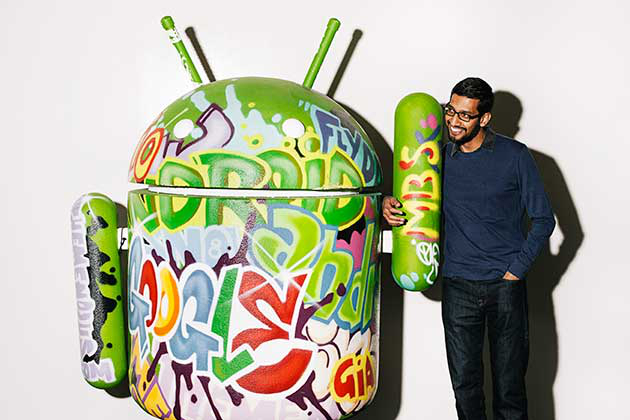It’s no secret that while Google offers the bare bones of Android free of charge to smartphone and tablet makers, anyone who wants to put core Google apps and services such as Gmail and the Google Play Store on their devices has to pay licensing fees. Along with those fees come certain restrictions on how much the device manufacturers can customize Android — and now a new report from The Information suggests that these OEM agreements might have gotten even tougher for companies looking to deploy Android devices.
FROM EARLIER: This is how Google forces its core product on Android device makers
“Confidential documents viewed by The Information show Google has been adding requirements for dozens of manufacturers like Samsung Electronics, Huawei Technologies and HTC that want to build devices powered by Android,” the publication writes. “Among the new requirements for many partners: increasing the number of Google apps that must be pre-installed on the device to as many as 20, placing more Google apps on the home screen or in a prominent icon folder and making Google Search more prominent.”
OEMs could always say no to Google, and they could still make Android devices, but they would not have Google Play, or any other Google services on them, which is what Amazon does and what Nokia briefly did. Picking and choosing what Google services to preload isn’t possible either, as Google wants all of its apps preloaded on a smartphone or tablet, with some of them needing to have prominent placement.
Additionally, Google also needs OEMs to enable the “OK Google” hotword on their devices, in order to make Search accessible by voice on supported devices. OEMs also have to display prominent Android branding on the handset or tablet – something that has already been confirmed in the past.
Interestingly, Google is also willing to share Search or Play revenue with OEMs, as long as they agree not to install any other competing services such as Bing, on their devices.
Because Android is so successful, Google is in a position that allows it to impose such conditions to partners, but at the same time, it could also land it in some troubles, as at least one Android-related antitrust case has been filed against it in the U.S.




